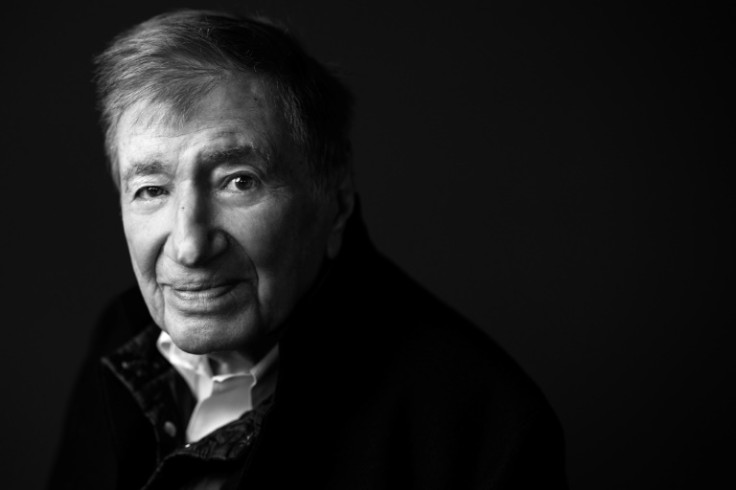Abortion Pill Inventor Etienne-Emile Baulieu Dies Aged 98

French scientist Etienne-Emile Baulieu, known as the inventor of the abortion pill, died at the age of 98 at his home in Paris on Friday, his wife told AFP.
The doctor and researcher, who achieved worldwide renown for his work that led to the pill, had an eventful life that included fighting in the French resistance and becoming friends with artists such as Andy Warhol.
"His research was guided by his commitment to the progress made possible by science, his dedication to women's freedom, and his desire to enable everyone to live better, longer lives," Baulieu's wife Simone Harari Baulieu said in a statement.
Baulieu's most well-known discovery helped create the oral drug RU-486, also known as mifepristone, which provided a safe and inexpensive alternative to surgical abortion to millions of women across the world.
His work meant he also faced fierce criticism and sometimes threats from opponents of abortion.
After Wyoming became the first US state to outlaw the use of the abortion pill in 2023, Baulieu told AFP it was "scandalous".
Baulieu said he had dedicated a large part of his life to "increasing the freedom of women," and the ban was a step in the opposite direction.
Born on December 12, 1926 in Strasbourg to Jewish parents, Etienne Blum was raised by his feminist mother after his father, a doctor, died.
He changed his name to Emile Baulieu when he joined the French resistance against Nazi occupation at the age of 15, then later adding Etienne.
After the war, he became a self-described "doctor who does science," specialising in the field of steroid hormones.
Invited to work in the United States, Baulieu was noticed in 1961 by Gregory Pincus, known as the father of the contraceptive pill, who convinced him to focus on sex hormones.
Back in France, Baulieu designed a way to block the effect of the hormone progesterone, which is essential for the egg to implant in the uterus after fertilisation.
This led to the development of mifepristone in 1982.
In the 1960s, the literature fan had become friends with artists such as Andy Warhol.
He said he was "fascinated by artists who claim to have access to the human soul, something that will forever remain beyond the reach of scientists."
Baulieu kept going into Parisian office into his mid-90s.
"I would be bored if I did not work anymore," he said in 2023.
His recent research has included trying to find a way to prevent the development of Alzheimer's disease, as well as a treatment for severe depression, for which clinical trials are currently underway across the world.
French President Emmanuel Macron presented Baulieu with the Grand-Croix de la Legion d'Honneur in 2023, the top rank in France's honours system.
"You, a Jew and a resistance fighter, you were overwhelmed with the most atrocious insults and even compared to Nazi scientists," Macron said. "But you held on, for the love of freedom and science."
In the United States, Baulieu was also awarded the prestigious Lasker prize in 1989.
The widower of Yolande Compagnon, Baulieu married Simone Harari in 2016.
He leaves behind three children, eight grandchildren and nine great-grandchildren, according to the statement released by his family.
© Copyright AFP {{Year}}. All rights reserved.





















